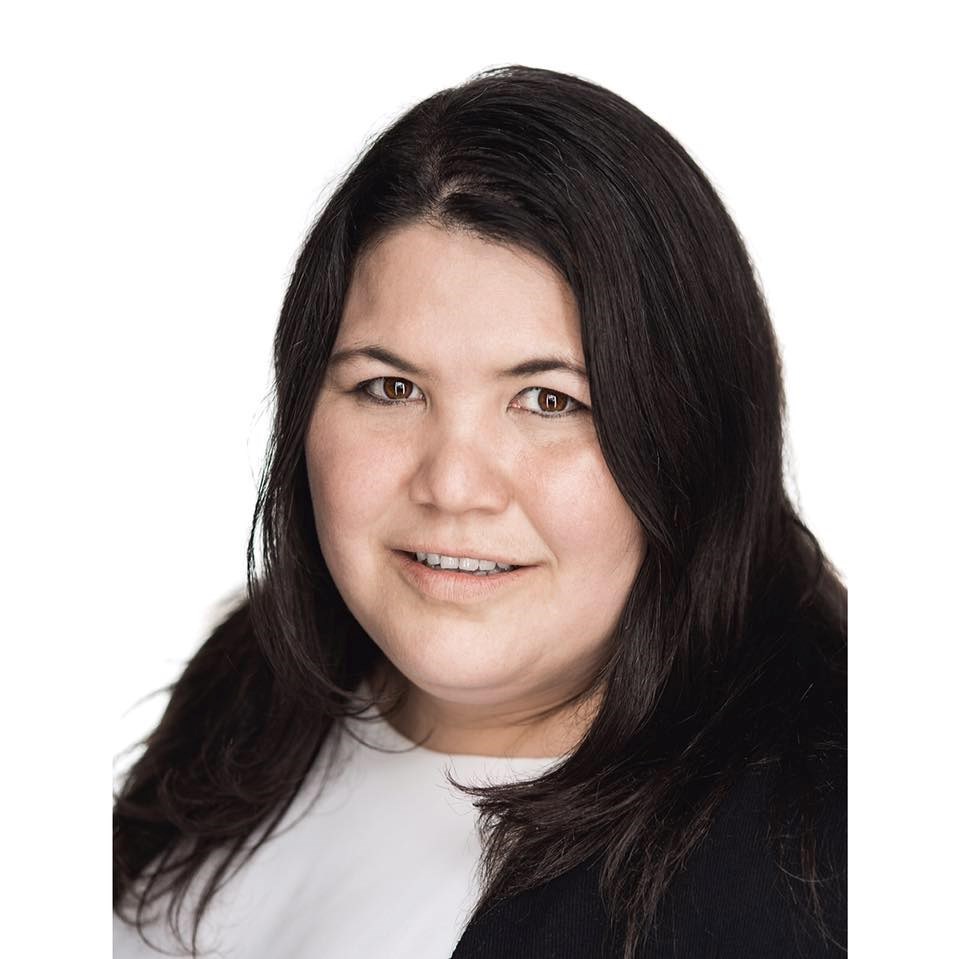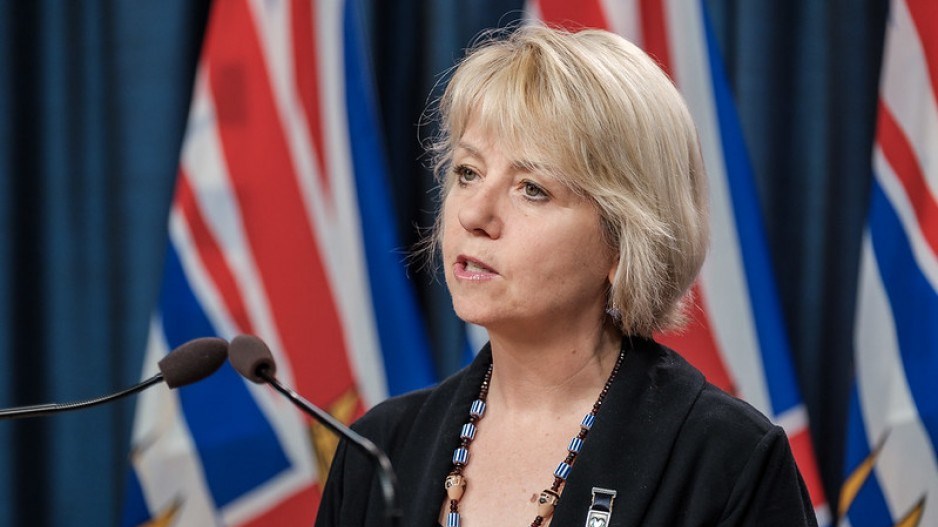 Provincial health officer Dr. Bonnie Henry has mentioned, hundreds of times, the importance of maintaining mental health during the pandemic. I asked her if she’d help me with my column on the topic and she graciously agreed.
Provincial health officer Dr. Bonnie Henry has mentioned, hundreds of times, the importance of maintaining mental health during the pandemic. I asked her if she’d help me with my column on the topic and she graciously agreed.
Before I begin, I really want to acknowledge what a humble treasure Henry is to our province. She has inspired shoes, paintings, award nominations and gained international fame for her devotion to our health as British Columbians. She has been featured in the New York Times and still finds time to talk to columnists such as me.
I asked Henry how we can find balance in our lives by staying safe from COVID-19 and ensuring we keep joy, happiness, and fulfilment in our lives.
When my daughter returned to day camps mid-May, she came home telling me that some kids were playing a game of tag outside. I told her I didn’t want her playing tag and she should find a different activity. I’ve re-evaluated this situation many times in my mind.
What were the risks versus the rewards from a game a tag? Ultimately, I think I made a mistake when I told her she couldn’t play.
I shared this scenario with Henry and she agreed that children playing tag outside with minimal contact is OK.
“When the pandemic hit, we were all scared and we didn’t know everything we know now,” said Henry. “Now, we need to pull back a little, but kids need to know that they still can’t kiss and hug, and they still have to wash their hands.”
As a parent, I want my daughter to be cautious, but not to live in a perpetual state of fear.
“Parents should limit media coverage for children. What children see and hear, especially from the United States, is inundating and can be quite frightening,” said Henry.
Henry explained that children pick up on fear, stress and anxiety of their parents and everyone around them. This means we don’t know everything they are absorbing and internalizing.
“I have heard from a lot of parents about how children’s mental health has been affected by the pandemic,” said Henry. “Some children act out, some regress, some have anxiety and some have trouble sleeping.”
We may be more vigilant on identifying a cough, sniffle, or sore throat, but I think we should also be adding the same vigilance on the mental health of ourselves and those around us.
“Children have vivid imaginations and if they don’t know something, they can imagine an answer that is way beyond the truth,” said Henry. “For example, a kid could think: ‘The virus is everywhere, and if don’t wash my hands my mom will die.’ ”
Henry suggests starting the conversation by asking children what they know, and follow up by comforting young children and researching answers with older children.
Henry said she often hears the term “immune compromised” being used incorrectly and she explained what it truly means.
“A child with asthma isn’t immune compromised. Healthy people with asthma or diabetes aren’t immune compromised. People who are immune compromised have uncontrolled asthma that required hospitalization, or uncontrolled diabetes.”
As we talked about mental health in children, Henry reminded me that home isn’t always a safe place for all children. It’s sad and something that we need to acknowledge. Schools opening in the fall can help address this.
Mental health affects us all and we need to make sure we are addressing our own needs, so we are able to support others. We all have a social responsibility to check on our friends and colleagues during this time. Even a quick text message can be helpful.
Henry said there has been a rise in overdoses and many have occurred from people who are working from home. Henry suggests workplaces implement buddy systems or regular check-ins with team members working from home.
“This helps people feel connected,” Henry said.
By now we all know that we need to wash our hands, limit close contact, and stay home if we are feeling unwell. We also need to factor in mental health, stress and anxiety levels.
Henry reminded me that we can be both cautious and optimistic at the same time.
“This has been a crazy summer, and one different from all the rest,” said Henry. “We need to remind ourselves and children that we can still have fun and do things that make this summer special.”



